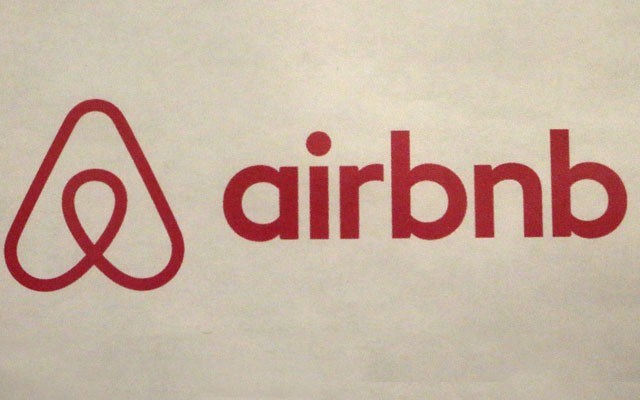The Resort Municipality of Whistler (RMOW) is taking a close look at its tourist accommodation offerings and the rules that govern them, with an eye to staying on top of current trends.
"We are experiencing new visitor trends, expectations for different accommodation types, amenities and services, and we need to keep pace with those," director of planning Mike Kirkegaard told Whistler council on June 21.
The municipality is facing increased pressures from vacation rental sites like Airbnb, Kirkegaard said, and staff is also aware of covenanted units that are not being made available to the public.
The Tourist Accommodation Review project, as it's called, will be rolled out in four phases over the next year.
Phase 1 (June to December 2016) will focus on taking stock of Whistler's current offerings, policies, regulations and trends; Phase 2 (January to April 2017) will focus on the development of a policy framework for regulating tourist accommodation rentals; Phase 3 (May to July 2017) will see the new bylaws/regulations developed or updated; and Phase 4 (August 2017 and beyond) will be about implementation — training bylaw staff, communicating results to the public and developing a system to track performance.
The scope of the review is significant: Whistler has 10,200 different accommodation units — found in hotels, lodges, inns, condos, townhouses, detached dwellings, hostels and more — that represent about 45 per cent of all bed units in the RMOW.
One key method for securing "warm beds" in the resort is the registration of Rental Pool Covenants to specific accommodation properties, which limit owner use to ensure the beds are available for visitors.
Whistler's tourist accommodation inventory includes about 2,600 units under Phase 1 covenants (unit must be rented out when not in use by owner) and another 2,800 under Phase 2 (owner is restricted to 28 days in winter and 28 days in summer).
But Kirkegaard said staff doesn't anticipate a huge shift in policy as a result of the review.
"We see a consideration and reinforcement of our existing warm-bed policies. We might see some loosening up of certain regulations in certain areas, but this is not opening the door to a big departure in how we are regulating our accommodation bed base," he said.
"There are certain fundamentals in place that we need to continue to protect, and we are looking at revisions more than an overhaul here."
Mayor Nancy Wilhelm-Morden said that a lot of thought and pre-planning has gone into the approach, and taken with other work currently underway — both with the Illegal Spaces Task Force and in trying to understand the current state of the residential housing stock — the RMOW could soon have a handle on what's going on in the community in terms of housing.
"Next year at this time we should be in a pretty good position to start talking about some action items," she said.
The RMOW allocated $40,000 for the project in its 2016 budget.
Resort stakeholders and community members will be consulted in the process, and a project-specific webpage has been set up at www.whistler.ca/business/current-projects/tourist-accommodation-review.




